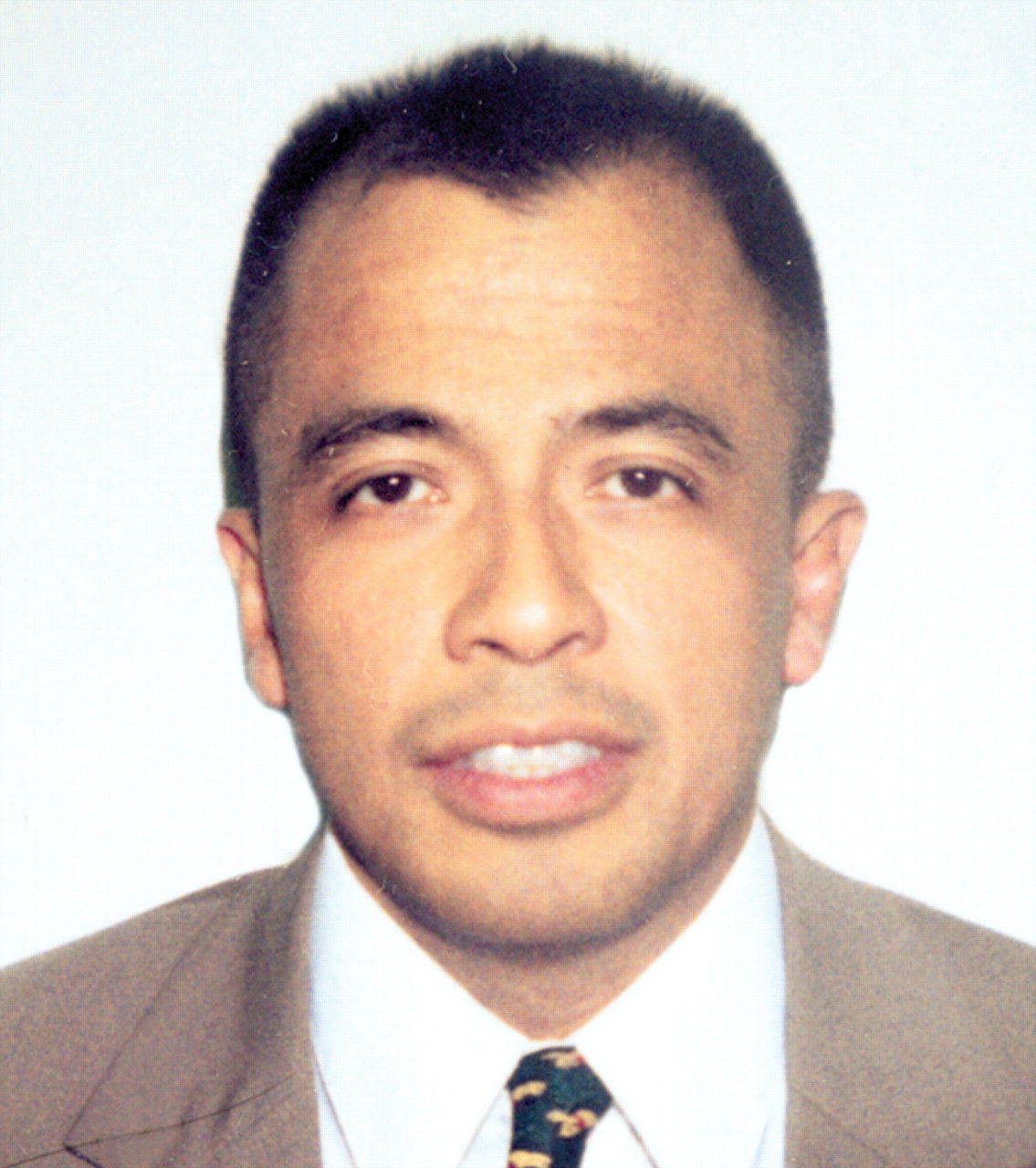DB Invests in Mentoring Program
Early career psychiatrists (ECPs) in Ohio have identified the need not only to be a member of the Ohio Psychiatric Association (OPA) but also to gain a “sense of belonging” that goes beyond paying dues and attending meetings. One valuable way to contribute to and benefit from membership at both the district branch and national APA levels is through mentoring.

Mentoring is a powerful way to provide ECPs with an opportunity to connect with more experienced colleagues who can contribute the knowledge they have gathered through years of professional experience. Mentors are able to transfer valuable clinical and research knowledge as well as wisdom from their life and career experiences that can leave a lasting imprint on mentees.
Bob Keaveney, associate editor of the journal Physicians Practice, states in an article in the April 2003 issue that “although well trained clinically, many young doctors struggle badly to manage time and business issues during their first years, and sometimes the stress can be overwhelming. More seasoned physicians may recall the same feeling when they first started—and the practice of medicine has only gotten more complicated since then. But a big part of the solution—mentoring programs that match younger physicians with more senior colleagues—aren't very hard to create, as long as you have would-be mentors who are willing and able.”
Mentoring programs are common in much of corporate America. Why don't more medical practices have them? In answering that question, the article quotes J. Denise Clement, M.D., who has been involved in several mentoring initiatives during her career. “I think it has to do with the way physicians are trained,” she said. “Once you've finished residency, the expectation is often that you're now ready to go out and fully function.”
The ECP committee of the Ohio Psychiatric Association (OPA) began a mentorship program last year in Columbus. We decided to test the waters here as a trial run. If it turned out to be successful, we planned to form liaisons with OPA chapters in Cincinnati, Cleveland, Toledo, Dayton, and Akron and start mentoring programs in those areas.
We were soon able to establish a program in Cincinnati. In Columbus, 24 psychiatrists (a fortuitous population of 12 mentors and 12 mentees) responded and were matched according to their fields of interest—for example, forensic psychiatry, private practice, child psychiatry, and psychotherapy.
We had a well-attended get-acquainted dinner in September 2003. Each pair of mentors and mentees identified a mutually convenient way for them to communicate (for example, via e-mail, phone, in person). They also decided on the goals they hoped to achieve.
Among the ideas expressed by the mentors and mentees were occasional meetings for lunch or dinner to discuss current issues in psychiatry and ways in which the mentor could serve as a guide as the ECP makes decisions related to private practice or academic settings. Thus, the exact role and commitment of the mentor and ECP were defined by the participants and reflected the needs of both members of the pair. They also agreed that mentorship would be a minimum of a one-year commitment.
What were some of the tasks of the mentor? Helping acclimate the ECP in the complex mental health field was one, and introducing the ECP to key people was another. In addition, mentors serve as good listeners and trusted friends.
As for being a mentee, the ECP participants are expected to receive advice, information, and encouragement and to keep in touch with their mentor. Their role also entails sharing their knowledge and ideas and, when the formal relationship ends, expressing their appreciation to the mentor.
Having a mentor's counsel and guidance is indispensable. I can recall my own experience of panic when I received a subpoena from a patient's spouse to testify in their child-custody battle. What do you do in a situation like that? How do you handle it? A mentor helped me negotiate the decisions I had to make. Another ECP I know complained about not understanding the ins and outs of patient billing. He was frustrated on several occasions when the code he was using was rejected by the insurer. We paired him with a mentor in private practice. A difficult situation all psychiatrists face is patient suicide. A distraught ECP described her experience of dealing with a patient's near-fatal suicide attempt. She related how it was helpful to have a trusted mentor with whom she was able to process both her personal and professional responses to the situation.
The blueprint of the mentorship program we are using in Ohio is one that can be easily applied elsewhere. Members-intraining were also invited to attend, and we had excellent participation from all the graduating residents of Ohio State University's psychiatry residency program. There were discussions about holding a career fair with the next mentorship program get-acquainted dinner. ▪



